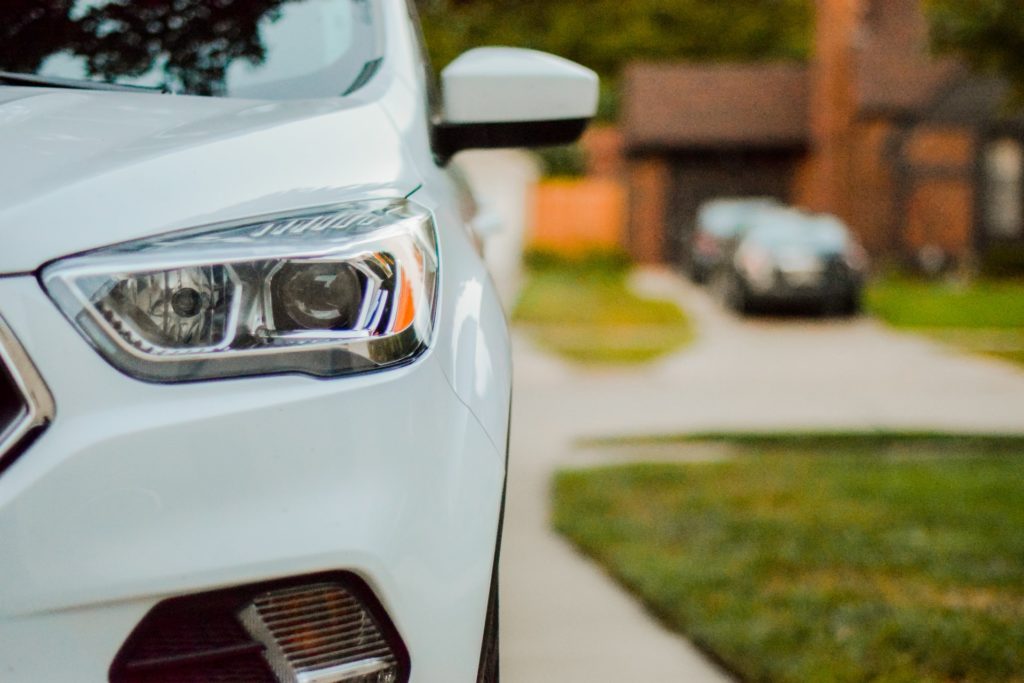Whether you’re renting a car locally for a road trip across the country or in a foreign location to help you get around, you should consider learning more about rental car insurance. Not everyone thinks of this as an essential part of vacation planning. It’s important because it can offer financial protection after a car accident, theft, damage, and sometimes even natural disasters.
If you have an auto insurance policy on a personal vehicle, you’ve probably heard of the additional rental car insurance included in most policies. If not, it’s a good idea to ask your insurance company whether they have any special offers or discounts that you can avail of before you set out on the open road.
To eliminate the hassle of dealing with out-of-pocket costs in the event of a car accident, you should learn everything you can about car rental insurance before you pick one. Take a look at some things you should know about insurance and coverage options for your rental car.
1. Research all your options properly.

If you’re renting a car and don’t know what rental car insurance you need, do your research before deciding. You can get coverage from your insurance company, or you could opt for a collision damage waiver. If you choose a collision damage waiver (CDW), you will have to pay an additional amount on your rental fee.
Even though this includes high deductibles, it makes it a no-risk road trip for you. Still, it can be expensive and so if it’s a long trip or to a far-off destination, it could bankrupt you. It’s a good idea to check what rental insurance you can get from your insurance company. Auto insurers and third-party insurance may not be able to offer a no-risk guarantee but usually includes property damage, bodily injury, and collision coverage to help give you peace of mind.
If you already have auto insurance, a good driving record, and are merely renting a car for a vacation, your existing auto insurance policy may give you coverage. To find out what car insurance is right for you, use an online guide or comparison platform like iSelect. It can help you compare plans, policies, and auto insurers to help you make the best choice.
2. Call your credit card company.
In some situations, the method you use to pay for your rental car can help with the rental insurance itself. Even if you don’t have an insurance policy and can’t afford the exorbitant prices for rent from the leasing company, you may already have trip insurance. Credit cards may not cover bodily injury, corrosion, comprehensive coverage, or personal liability, but if you get into an at-fault accident, you will usually have collision coverage.
You may also have protection against theft. The best way to determine whether your credit card company offers any collision coverage is to call and check with them before going on a road trip. You don’t want to be stuck in the middle of nowhere without any insurance coverage and have to pay a hefty fine for repairs or damages.
3. Make sure you have repair coverage.

What can you do if you aren’t in an at-fault accident or collision but end up with a less-than-perfect vehicle? If you’re about to start on a long drive, you want to make sure that the car is in good condition before you rent it. At the least, you want to make sure that you don’t have to pay a third-party mechanic for an oil leak, oil change, coolant or transmission fluid leakage, or any fault radiator and wiper issues.
It’s a good idea to check the car before you start on your road trip. Consider everything from the tires’ air pressure to the steering wheel, car battery, and engine oil. It’s also a good idea to see whether your rental insurance involves repairs, new tires to replace a flat tire or fix a puncture, and coverage options for garages and repair shops in every location during your trip.
4. Ask the right questions.
Does your rental insurance cover every family member who may be driving your car? Is it affected by your driving record and credit score, and can you get a reduction for an old car with more mileage? Will you have to pay more if you rent a new car in good condition, and is there any way you can get a lower premium? Regardless of where you choose to get your auto insurance, the best way to ensure you have protection during your road trip is to ask them the right questions.
Do enough research so that you know all about the deductibles, the exclusions, and whether the coverage includes bodily injury and personal injury protection along with the usual collision coverage. Ask a range of auto insurers for an auto insurance quote before you pick one. Remember that some auto insurers will only cover your rental car if you already have an insurance policy with their company.
In a situation where you have to get rental insurance from the rental company, remember to ensure you get the most financial protection. Research state laws and car insurance policy standards so that whatever you sign up for also includes medical expenses in the case of a car accident. Remember that the more you know, the less at risk you will be during your road trip.











